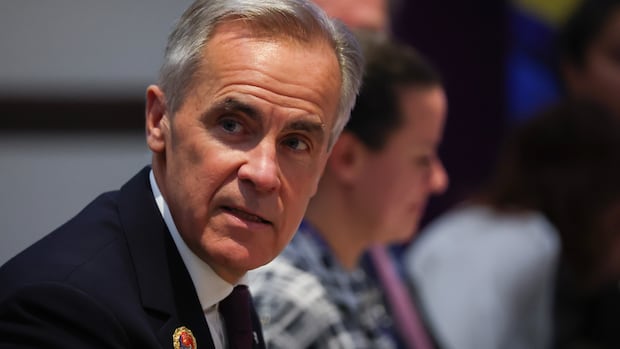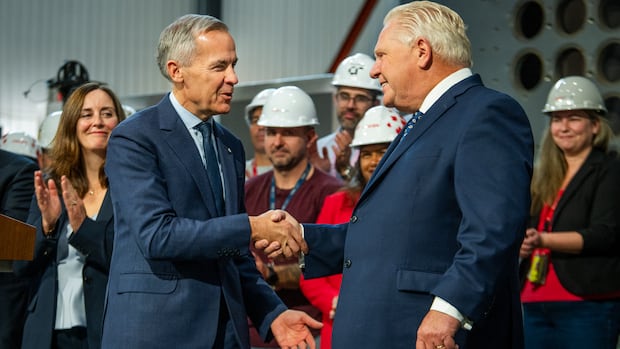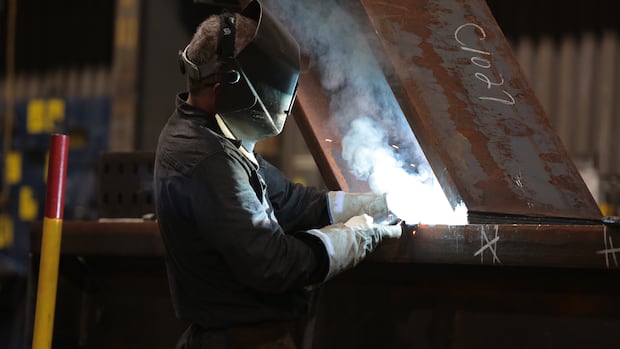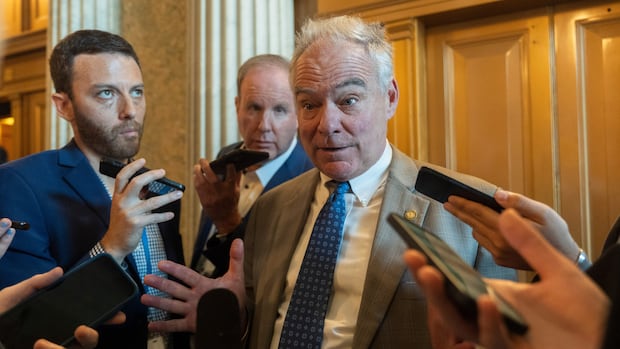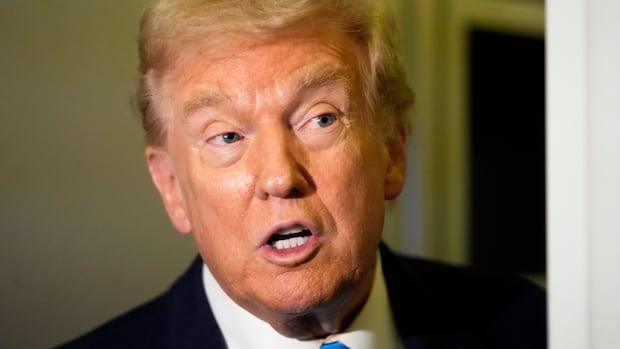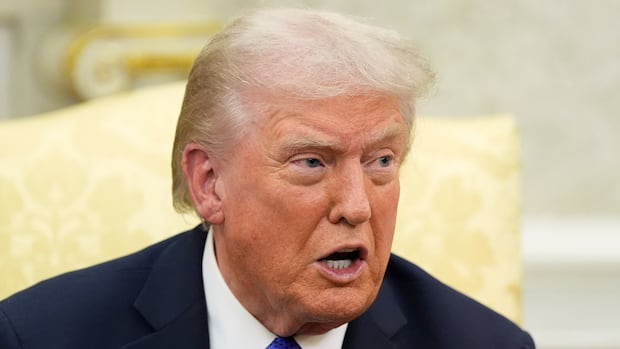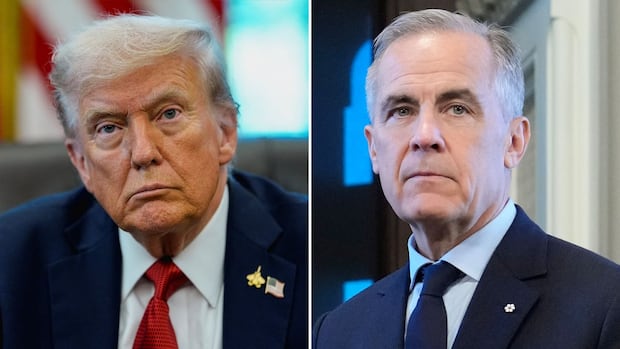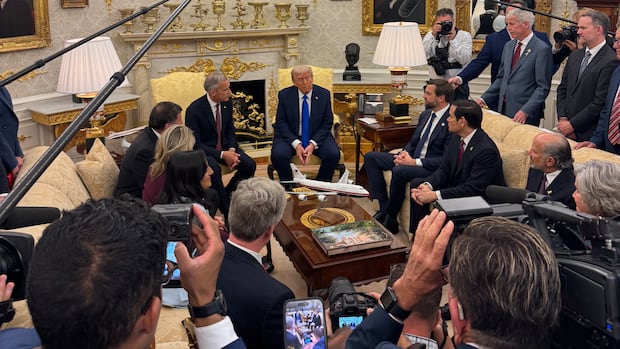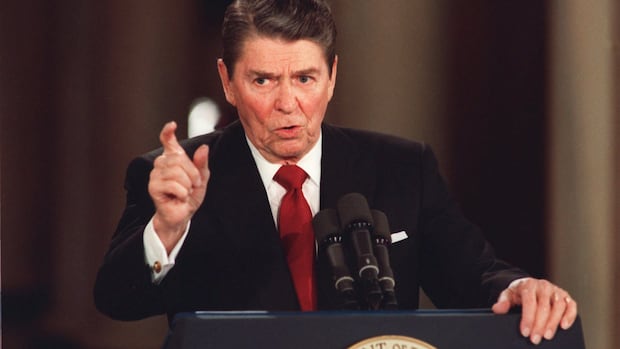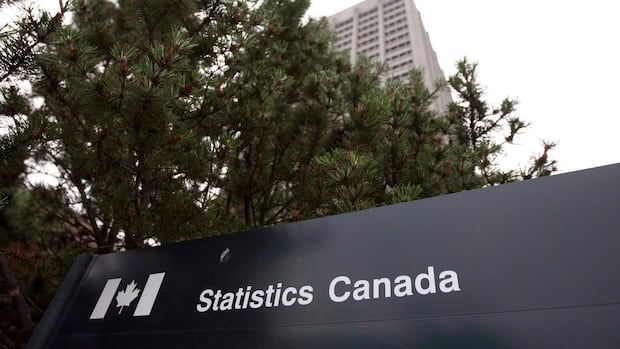As Prime Minister Mark Carney aims to meet with Chinese President Xi Jinping amid a U.S. trade war, a former diplomat who spent more than a thousand days imprisoned in China is warning Ottawa to remember the threat China poses to Canada.
“We need our politicians and our government to be frank and transparent with Canadians about what the risks and potential rewards and the tradeoffs are,” Michael Kovrig said in an interview with CBC’s The House airing Saturday morning.
Kovrig told host Catherine Cullen there are “some things that Canada can usefully do with China” but everything needs to be done "with caution and guardrails and general safeguards to manage all the potential downsides of that relationship.”
The former diplomat added that as the Americans pull away from global trade, China is pivoting to a charm offensive around the world which should be seen as strictly a change in words, not actions.
“[China’s] not offering to change its behaviour in any way,” Kovrig said. “It just wants to change the mood music. That’s an improvement from Canada’s perspective… But Canadians need to understand that it is just diplomatic wrapping paper.”
WATCH | Kovrig on his imprisonment:For the first time, Michael Kovrig shares his story about being caught up in an international diplomatic dispute. In an exclusive interview, he tells CBC News chief correspondent Adrienne Arsenault about being grabbed off the streets of Beijing by masked officials and how he endured 1,019 cruel days held captive in China.Kovrig was illegally detained in December 2018 by Chinese officials in apparent retaliation for the Vancouver arrest of Huawei’s chief financial officer, Meng Wanzhou, who was detained at the behest of the U.S. to face fraud charges related to American sanctions against Iran.
The arrests severely damaged Canada-China relations. But now, as U.S. tariffs pummel Canadian industries, the Liberal government is scoping out new trading partners like India and China while insisting it won’t forget public safety or foreign interference concerns.
Foreign Affairs Minister Anita Anand has said the foreign policy approach to both countries is “pragmatic” and serves the needs of Canadians.
“We have to remember that it is necessary to raise issues of concern to the Canadian population,” she said on CBC’s Power & Politics. “At the same time, we need to be pragmatic about our economic needs.”
Kovrig said Anand’s comments “are nice words, but ultimately it depends on how they’re actually implemented.”
WATCH | 'Pragmatic' and 'intentional':Punishing tariffs from Canada's closest ally are driving the federal government to seek to strengthen ties with former adversaries such as China and India. Foreign Affairs Minister Anita Anand tells Power & Politics that these conversations are not coming at the expense of protecting Canada's sovereignty and public safety.In his view, pragmatism could mean a healthy diplomatic balance between Canada and China. However, it could also mean transactional decision-making that could harm Canada’s national security.
Kovrig noted that China, under the ruling Chinese Communist Party, has become a peer competitor to the United States and seeks to reshape the world order, which includes dominating its own region and supporting authoritarian states like Russia and North Korea.
Personally, Kovrig has mixed feelings about Canada’s push to bolster ties with China.
“To see a prime minister or a foreign minister smiling and shaking hands with people who were previously involved in taking me hostage and blackmailing the country is not comfortable,” Kovrig said.
“But at the same time, I need to put aside my own personal feelings and recognize that’s kind of the tragedy of geopolitics. Countries have to eventually move forward in relationships.”
Carney is currently travelling to Malaysia to kick off a set of Indo-Pacific Summit meetings, which could include a meeting with Xi at the APEC Summit in South Korea at the end of next week.
That trip has taken on new meaning since U.S. President Donald Trump terminated trade talks with Canada over an Ontario government ad that uses former U.S. president Ronald Reagan’s words to spread an anti-tariff message to an American audience.
Derek Burney, former chief of staff to prime minister Brian Mulroney, told The House that if it wasn’t for Reagan and Mulroney’s “full commitment to free trade, we never would have gotten an agreement back in 1987” — a reference to the Canada-U.S. Free Trade Agreement which was later superceded by NAFTA.
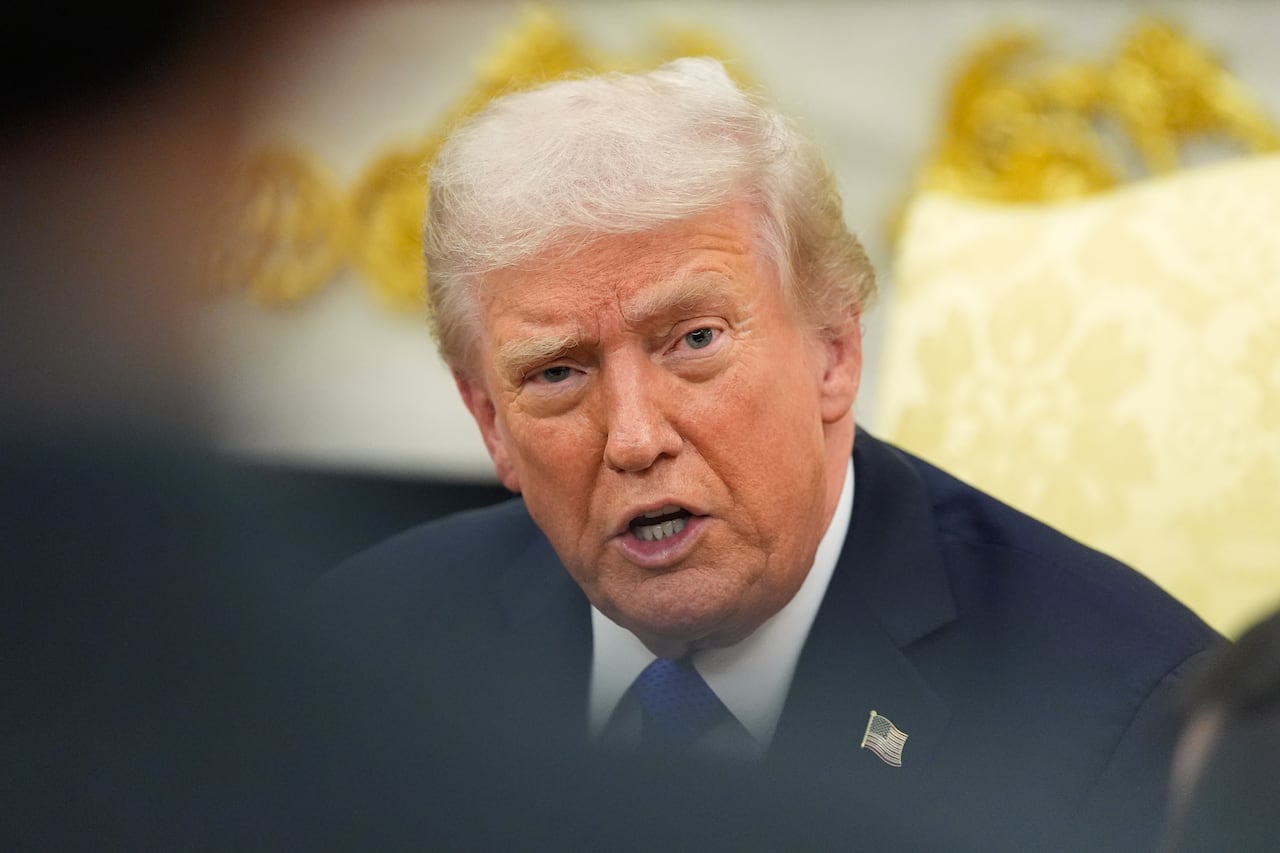 U.S. President Donald Trump has terminated trade talks with Canada over an advertisement by the Ontario government that uses former U.S. president Ronald Reagan's words to spread an anti-tariff message to an American audience. (Alex Brandon/AP)
U.S. President Donald Trump has terminated trade talks with Canada over an advertisement by the Ontario government that uses former U.S. president Ronald Reagan's words to spread an anti-tariff message to an American audience. (Alex Brandon/AP)“The thing that drove it home was the commitment from the president and prime minister. Nobody in America is in any doubt about Ronald Reagan’s views on tariffs,” Burney said.
Burney added that Canada needs “some spine" when dealing with someone like Donald Trump."
Going forward, he said Carney should not make more concessions and instead use his trip to Asia to “make it clear we want more trade with our Asian partners.”
“If we can demonstrate that Japan, Korea, India, even China are open to further — not only trade, but investment with Canada, that would be the best message Donald Trump could hear in Asia.”


